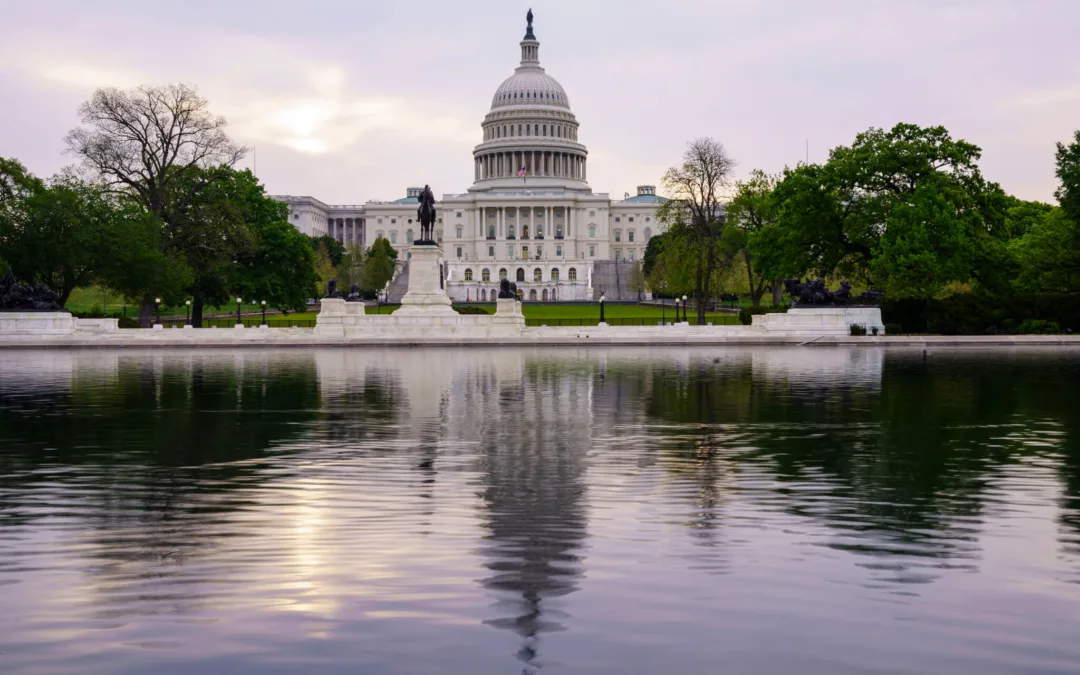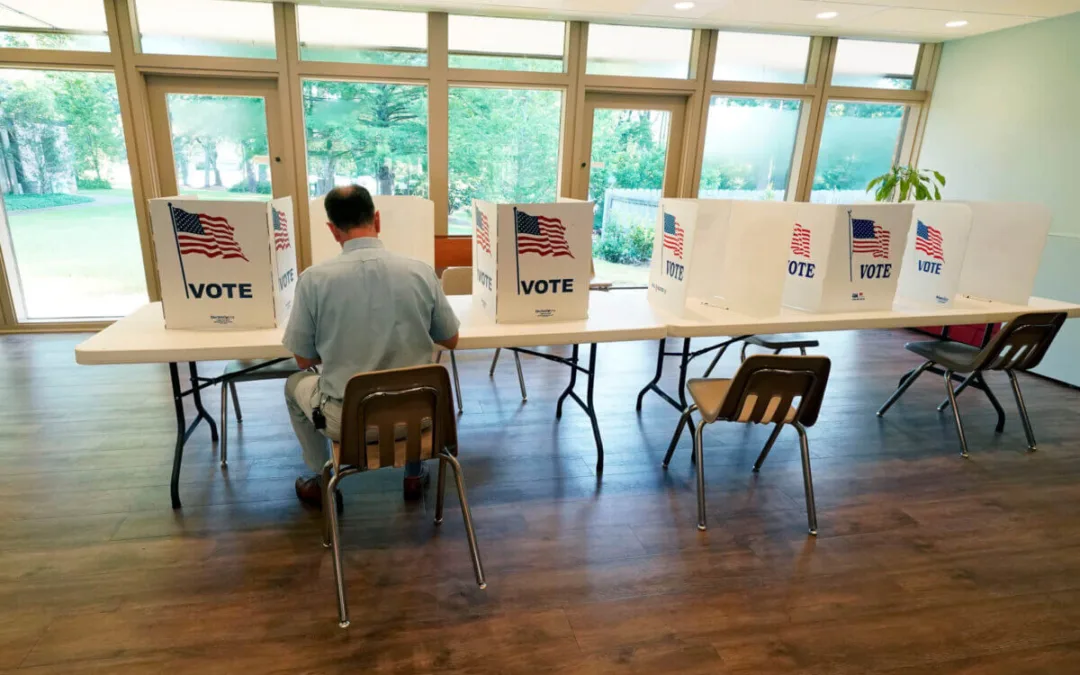
Graphic via Desirée Tapia for The Americano
Candidates from minority parties won senator-at-large races, ending the dominance of the two traditional parties on the island.
SAN JUAN, Puerto Rico—After the elections, Puerto Rico’s Senate now includes a group of legislators from various political parties, representing a never-before-seen diversity within the island’s legislative body.
The two senators who obtained the most votes belong to minority parties. Current Senator-at-Large María de Lourdes Santiago, of the Puerto Rico Independence Party (PIP by its Spanish initials), got the most electoral votes. According to the Puerto Rico State Elections Commission (CEE by its Spanish initials) website, she had 131,941 votes as of Friday.
RELATED: Pedro Pierluisi Is the New Governor of Puerto Rico
This is the third time Santiago will serve as a senator. Her first term was 2004–2008, and her second was 2012–2016.
This time around, Santiago told El Nuevo Día she will promote projects addressing the gender violence crisis, women’s rights, and the need for internet access, especially for thousands of students who study from home because of the pandemic.
Joanne Rodríguez Veve, of the new party Proyecto Dignidad (PD), was the senator with the second highest number of votes. As of Friday, the CEE reported 86,123 tallies in her favor.
The PD is a conservative party with a religious base, led by Dr. César Vázquez, who also ran for governor. As a candidate, Rodríguez Veve repeatedly addressed the right of parents to educate their children according to their values and beliefs.
“I understand this was an issue that caught the public’s attention; it allowed me to be a voice that represents a large part of Puerto Rican society,” Rodríguez Veve told Metro.
The two senatorial candidates from the new Movimiento Victoria Ciudadana party were also elected.
Ana Irma Rivera Lassén’s victory is historic, as she is an Afro-Puerto Rican feminist attorney and human rights activist who is also a lesbian. In 2012, Rivera Lassén became the first Black woman—and the third woman—to preside over the Bar Association of Puerto Rico.
“The dictatorship of bipartisanship is over,” Rivera Lassén told Primera Hora after prevailing at the polls. She referred to how the New Progressive Party (PNP by its Spanish initials) and the Popular Democratic Party (PPD by its Spanish initials) have been a majority within the island’s legislative bodies for decades.
The attorney said that as a senator she will focus on defending human rights; as well as access to education, health, housing, technology, and retirement services.
Her party affiliate, Rafael Bernabe, was also elected to a senator-at-large position. The professor ran for governor with the Pueblo Trabajador party in the 2012 and 2016 elections.
As senator, Bernabe told El Nuevo Día he will legislate so Puerto Rico’s debt is audited, and confront the Fiscal Oversight and Management Control Board to stop the use of public funds for its finances.
Independent Sen. José Vargas Vidot was reelected with 67,040 votes. He arrived at the Senate after making a name for himself as a community leader. As a senator, he has authored 70 measures, 17 of them aimed directly at community issues.
READ MORE: Joe Biden Wins the 2020 Election—With the Help of Latinos in Battleground States
The two remaining senators-at-large in Puerto Rico are Thomas Rivera Schatz, current Senate president, and William Villafañe—both affiliated with the PNP. They ranked third and fourth, respectively, in number of votes.
From the ranks of the PPD, José Luis Dalmau was reelected, and Juan Zaragoza, former secretary of the Treasury Department, also won a senatorial seat.
Politics

Teamsters and UPS Reach Tentative Deal to Avoid Strike, 340,000 Workers to Get Raises
The tentative deal represents a huge win for full- and part-time UPS Teamster workers, who would get significant pay raises and better working...



One Republican Senator Is Blocking 265 Military Promotions, Leaving the Marines Without a Confirmed Leader
Sen. Tommy Tuberville's decision means these military officers are not getting the pay raises they’re owed, cannot move their families to wherever...
Local News



Teamsters and UPS Reach Tentative Deal to Avoid Strike, 340,000 Workers to Get Raises
The tentative deal represents a huge win for full- and part-time UPS Teamster workers, who would get significant pay raises and better working...



One Republican Senator Is Blocking 265 Military Promotions, Leaving the Marines Without a Confirmed Leader
Sen. Tommy Tuberville's decision means these military officers are not getting the pay raises they’re owed, cannot move their families to wherever...




